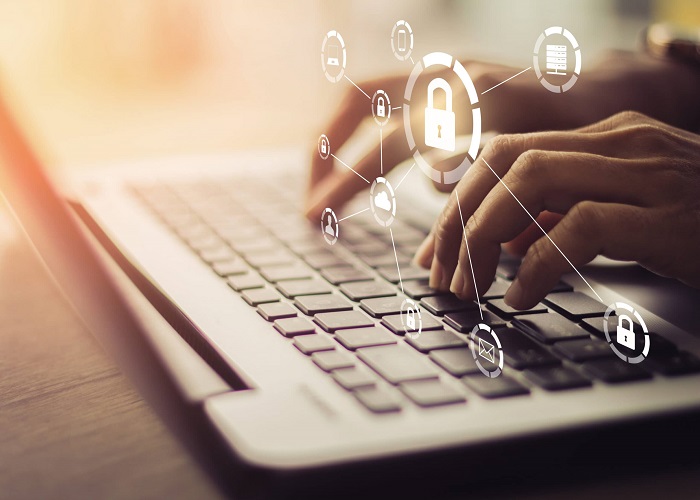Cybersecurity is a hot topic these days. As the digital age continues to expand, so too do the threats posed by malicious actors. No individual, business, or government is immune to the risks associated with cybercrime. With so much of our sensitive data being stored and transmitted online, it’s becoming increasingly important to protect yourself from these threats. In this blog, we’ll explore the basics of cybersecurity, best practices for protecting yourself online, and some advanced strategies for staying safe in the digital world.
Defining Cybersecurity
At its core, cybersecurity is the practice of protecting systems, networks, and programs from digital attacks. These attacks can come in the form of malicious code, such as viruses, worms, and Trojan horses, as well as other forms of attack like phishing and social engineering. Cybersecurity also involves the protection of data from unauthorized access and misuse.
The Digital Age and Security
The digital age has made it easier than ever to stay connected, but it has also made us more vulnerable to cyberattacks. With the proliferation of the internet, our data is now being stored, transmitted, and accessed online. This means that malicious actors have more opportunities to exploit our data and wreak havoc on our digital lives. It’s becoming increasingly important to understand the risks associated with the digital age and take the necessary steps to protect yourself.
Best Practices for Protecting Yourself Online
The best way to protect yourself online is to be proactive about your cybersecurity. This means taking steps to secure your data and devices, such as using strong passwords, updating your software regularly, and using two-factor authentication whenever possible. It’s also a good idea to be aware of the latest online threats and scams so that you can protect yourself from them.
Tips for Securing Your Data
In addition to following the best practices above, there are a few other steps you can take to secure your data. First, make sure that all of your data is backed up regularly. This will ensure that if your data is ever lost or stolen, you will have a backup copy. Second, encrypt your data whenever possible. This will make it much harder for malicious actors to access it, even if they do manage to get their hands on it. Finally, use a password manager to store your passwords securely. This will help protect you from hackers and other malicious actors who might try to gain access to your accounts.
Advanced Cybersecurity Strategies
For those looking to take cybersecurity to the next level, there are a few advanced strategies that can be employed. One such strategy is to use a virtual private network (VPN). A VPN is a secure connection that encrypts all of the data that is sent over the internet, making it much harder for malicious actors to intercept. Additionally, you can also use a security suite to protect your computer from viruses and other malicious software.
Conclusion
Cybersecurity is an increasingly important topic in the digital age. As more of our data is stored and transmitted online, it’s becoming increasingly important to protect ourselves from malicious actors. By following the best practices outlined in this blog, as well as some of the advanced strategies mentioned, you can take steps to protect yourself and your data online.




